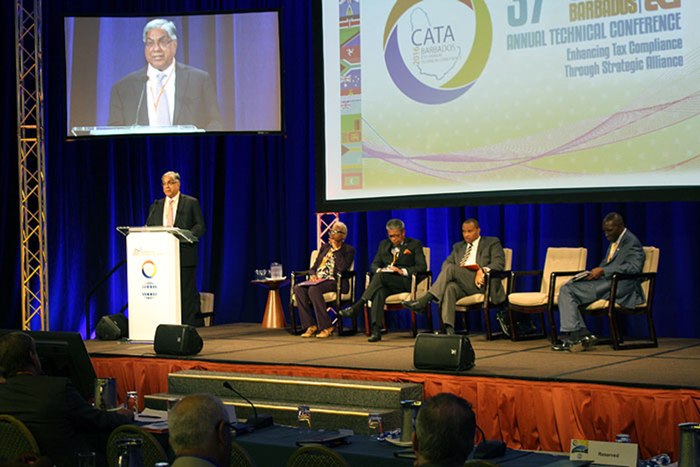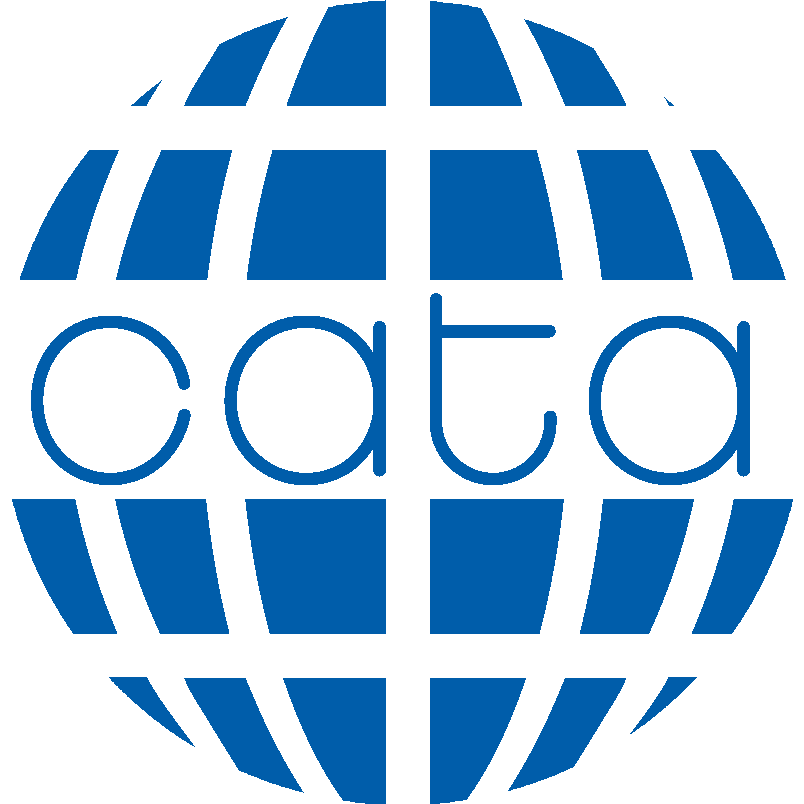The term "blockchain" is on many people’s lips and for good reason; it is a potentially transformational technology that could have as much impact as the arrival of the Internet in the 1990s. The ability to create a transparent and immutable record of transactions between parties that may not fully trust one another has  obvious application to finance and financial regulation. Add to that the ability to automate transactions themselves, through "smart contracts" and you have a recipe for slashing transactional costs and reducing the need for traditional intermediaries. But what about taxation? A lot of thinking on the application of blockchain to financial markets is already underway but tax risks falling behind.
obvious application to finance and financial regulation. Add to that the ability to automate transactions themselves, through "smart contracts" and you have a recipe for slashing transactional costs and reducing the need for traditional intermediaries. But what about taxation? A lot of thinking on the application of blockchain to financial markets is already underway but tax risks falling behind.
To fill this gap the Global Tax Policy Centre at Vienna University of Economics and Business initiated in March a program of work to study the impact of blockchain on taxation with a ground breaking meeting of senior tax officials, legal experts, industry specialists, technologists and academics. These initial discussions
 The verdict has been delivered - the 37th CATA Technical Conference was a resounding success. The results of the post Conference evaluation indicate that for the majority of delegates, the Barbados event exceeded expectations both in terms of the technical content but also in the area of logistics.
The verdict has been delivered - the 37th CATA Technical Conference was a resounding success. The results of the post Conference evaluation indicate that for the majority of delegates, the Barbados event exceeded expectations both in terms of the technical content but also in the area of logistics.
That the 2016 Conference was being held in Barbados had important significance for the Association. Even as delegates trooped into Bridgetown in November, many were scarcely aware that they were making a pilgrimage to a country where the idea of a Commonwealth-wide tax organization was conceived. It was 39 years ago in 1977 during a meeting of the Commonwealth Ministers of Finance in Barbados when a decision for such an organization was reached. One year later, on the 23rd May 1978, the CATA Constitution was formally adopted, with Barbados being one of the 23 founder member countries.
With a modest total population of under 300,000

